About the Project
The aim of the Theology & Neurodiversity Project is to equip the church to be a place of belonging for people of all neurotypes. The project does this by:
Fostering constructive, interdisciplinary conversations around theology, ministry, and neurodiversity. The project draws on the theological disciplines and engages with educational theory and practice as well as research in the social and human sciences.
Providing practical resources to support theological education and faith formation with and by all members of the body of Christ. The project is grounded in the conviction that each person has unique gifts to offer in ministry.
By better understanding the strengths and challenges of various neurotypes, congregations, church leaders, and theological educators are better equipped to foster communities in which all people truly belong.
Why theology and neurodiversity?
This project grew out of many conversations with seminary graduates, longtime ministers, and theological educators. I noticed that many leaders felt unprepared to cultivate positive environments for neurodivergent learners.
As an instructor at Princeton Theological Seminary, I wanted to fill this gap in our theological education. I’ve had the priviledge of bringing two courses on neurodiversity into the curriculum at PTS.
Drawing on the creative insights of students and the practical wisdom of my fellow neurodivergent ministers, scholars, and educators, this project is my attempt at bringing the course’s subject matter to the church at large.
Michael Paul Cartledge is the Associate Director of Grants and Projects at Flagler College and serves as Director of Adult Education and College Ministry at Memorial Presbyterian Church in St. Augustine, Florida. His work focuses on the intersections of practical theology, faith formation, and innovation in congregational life. He has previously served as a youth worker, worship leader, and Christian educator.
About the Course
The Theology and Neurodiversity Project grew out of the course Educational Ministry and Neurodiversity. In this course, students explored how to foster healthy environments for persons of all neurotypes by reflecting on the unique strengths and challenges of persons with learning disabilities, ADHD, autistic spectrum conditions, intellectual disabilities, and emotional and behavioral challenges.




